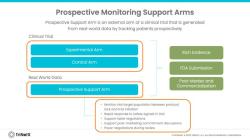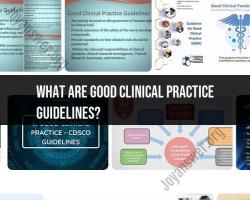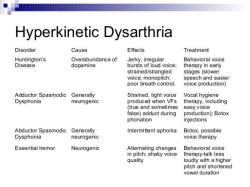What is the nurse’s medication policy?
A nurse's medication policy is a set of rules and guidelines established by a healthcare institution to ensure the safe and effective administration of medications to patients. It standardizes the process, minimizing errors and protecting both patients and nurses.
How Does the Policy Guide Medication Administration?
The policy guides medication administration by providing a clear, step-by-step framework that nurses must follow. This framework is often based on the "Seven Rights" of medication administration, which are:
Right Patient: Verify the patient's identity using at least two identifiers (e.g., name and date of birth).
Right Drug: Ensure the medication name and form match the prescription.
Right Dose: Check that the dosage is correct for the patient.
Right Time: Administer the medication at the scheduled time.
Right Route: Use the correct method of administration (e.g., oral, intravenous, topical).
Right Documentation: Accurately record the medication administration in the patient's chart.
Right Reason: Understand why the patient is receiving the medication.
The policy details the procedures for each of these rights, including how to verify prescriptions, prepare medications, and document the process.
What Are the Responsibilities of Nurses Regarding Medication?
Nurses have significant responsibilities regarding medication.
Verification: Checking the medication order for accuracy and clarity, and questioning any ambiguous or inappropriate orders.
Preparation: Safely preparing the medication, including calculating dosages and ensuring sterile techniques when necessary.
Administration: Following the Seven Rights of medication administration to deliver the medication to the patient.
Monitoring: Observing the patient for desired therapeutic effects and any potential side effects or adverse reactions.
Education: Providing patients with information about their medications, including their purpose, potential side effects, and how to take them at home.
Documentation: Thoroughly and accurately documenting all aspects of medication administration, including the patient's response.
How Is Compliance with Medication Policy Monitored?
Compliance is monitored through several methods to ensure patient safety and quality of care. These include:
Audits: Regular audits of patient charts and medication administration records (MARs) to check for accuracy and completeness.
Direct Observation: Supervisors or quality assurance staff may observe nurses during medication administration to ensure they are following the established procedures.
Incident Reporting: Nurses are required to report all medication errors or near-misses.
This data is then analyzed to identify systemic issues and improve the policy. Patient Feedback: Collecting feedback from patients and their families about their medication experience can also help identify potential problems.
What Happens When Medication Policies Are Violated?
Violations of medication policies are taken seriously because they can lead to patient harm.
Disciplinary Action: This can range from verbal or written warnings to suspension or, in severe cases, termination of employment.
Mandatory Retraining: The nurse may be required to complete additional training or education to correct deficiencies in their knowledge or skills.
Loss of License: The nurse's professional licensing board may investigate and, in cases of gross negligence or repeated offenses, suspend or revoke their nursing license.
Legal Action: In cases of patient injury or death, the nurse and the healthcare facility may face civil lawsuits or even criminal charges.













